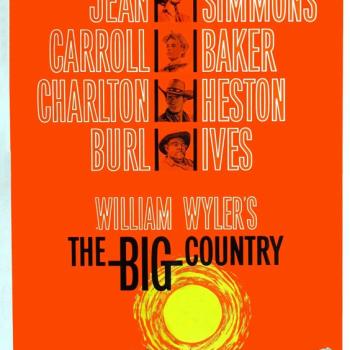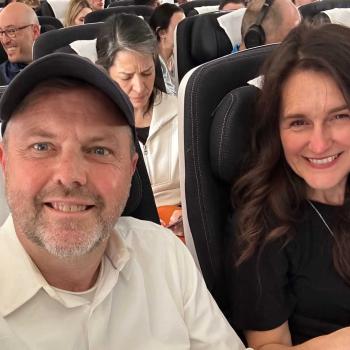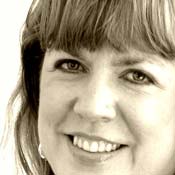As we grow older we have more and more people to remember, people who have died before us. It is very important to remember those who have loved us and those we have loved. Remembering them means letting their spirits inspire us in our daily lives. They can become part of our spiritual communities and gently help us as we make decisions on our journeys. Parents, spouses, children, and friends can become true spiritual companions after they have died. Sometimes they can become even more intimate to us after death than when they were with us in life. Remembering the dead is choosing their ongoing companionship. ~ Henri J. M. Nouwen, Bread for the Journey
I stood there at the edge of the Baltic Sea, on the beach at Jurmala in Latvia, and I felt a deep kinship to this place, which I had never been to before. Perhaps it was standing at this borderland place where forest meets the sea, the same kind of landscape I had inexplicably fallen in love with in the Pacific Northwest of the U.S. Thousands of miles away I had met this place of wildness and fallen in love. As I stood in this ancestral land, I felt a connection, a kind of deep knowing.
Maybe the felt connection was because of the photos I have of my father playing on these same sands, the carefree days of his childhood long before the burdens of adulthood settled into his bones and the deep grooves formed on his forehead.
Whatever the source, walking this ancestral landscape brought me a sense of understanding and peace. My father had fled this country as a boy when the Russians invaded. He became a refugee, never to return home again in his entire life. I was making this journey in part on his behalf, to restore something that had been broken.
One of my primary spiritual practices these last few years is ancestral pilgrimage. A pilgrimage is a journey of meaning to a sacred site, in this case, a place that was significant for my ancestors. I trace my genetic lineage back through England, Austria, and Latvia and have traveled to each of these places, some multiple times, as a part of my personal journey.
These journeys have changed me and brought much healing to my life and called forth even more from me. This summer I made an even more radical choice. After several of these ancestral pilgrimages, my husband and I have now moved to Vienna, the city where my father grew up after leaving Latvia and is now buried, as a deeper commitment to continuing this ancestral journey.
A pilgrimage is a special kind of journey, one taken to a holy place with the hope for an encounter with the sacred and the intention of being changed by what happens there and along the way. We don't go on pilgrimages to return the same person.
I believe we are profoundly connected to the land and culture and stories of our ancestors in ways we don't fully realize. Their experiences, their sorrows and joys are knit into our bones, woven into the fabric of our very bodies. The impulse to discover one's story often leads you to reach far back into history. We can't fully understand the impact of these connections until we stand on the land and speak the language of those who came before us and gave us the gift of life through our ancestors.
When I stood on the shores of the Baltic Sea in Latvia and imagined my father playing as a child in the sand and the waves, I connected to this experience of longing. I understood him in new ways. I saw the innocence of a young boy before the war came and shattered everything he knew. May Sarton wrote in one of her poems: "Now the dead move through all of us still glowing . . . What has been plaited cannot be unplaited . . . and memory makes kings and queens of us." Remembering what has been already woven into us is the task.
Each time I prepare for these journeys with excitement and anticipation, as well as fear and trembling, knowing I will have to confront the shadow sides of my family system. But it is in facing the dark depths that I no longer have to live in fear of them.
"If your journey is indeed a pilgrimage, a soulful journey, it will be rigorous. Ancient wisdom suggests if you aren't trembling as you approach the sacred, it isn't the real thing. The sacred, in its various guises as holy ground, art, or knowledge, evokes emotion and commotion," writes Phil Cousineau, in his book The Art of Pilgrimage.
I believe, along with psychologist Carl Jung, that the stories of our ancestors run through our blood and the unhealed wounds and unfulfilled longings continue to propel us forward or keep us stuck in old patterns. The stories of our grandmothers and grandfathers are our stories and we can help to heal the wounds of the past and in the process heal ourselves by telling those stories again, giving voice to the voiceless, unnamed secrets and to the celebrations, insights, and wisdom gathered over time.





